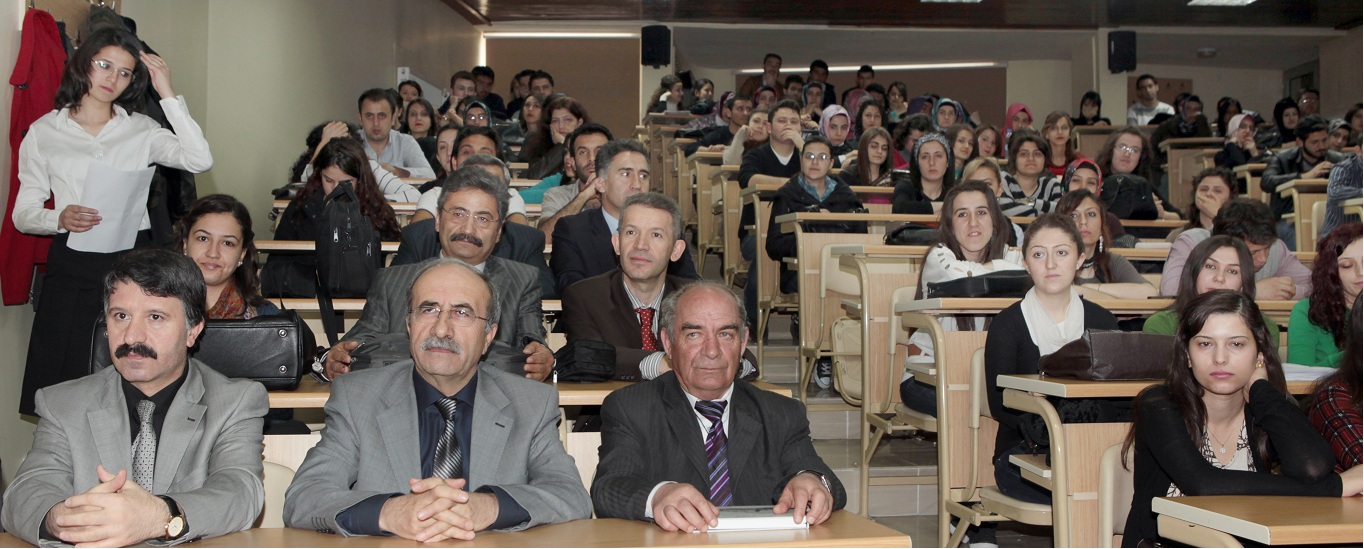From:
Mae Popoff. Elder,
Saskatoon Doukhobor Society, Saskatoon, Saskatchewan
Could you please send us an Easter message for our
sobranie gathering on Sunday, April 24, 2011?
Answer
Easter Message to the Saskatoon Doukhobor Society
Dear Brothers and Sisters in Spirit,
My sincere greetings to all of you gathered here in celebrating this ‘Velik Dien’ 2011 known in the West as Easter.
From our Doukhobor history in Russia we know that on Easter Day 1895, Matvey Lebedev and 11 other Doukhobors threw down their guns while training in the Elizavetpol reserve battalion, stating that war and Christianity are incompatible. The result was that the dissidents were arrested and sent first to a disciplinary battalion before being exiled.
That brave action eventually led that year on June 29
th to the historic arms burning in three areas of the Caucasus, exile of many Russian Doukhobors, followed by 7,500 dissidents migrating to Canada in 1899. This sobranie at the Doukhobor Home in Saskatoon would not take place today without the brave actions of conscience of our brethren. We need to thank them for giving us life and spirit.
As Spirit Wrestlers / Doukhobors, we stem from a philosophical-spiritual tradition that comes from many sources including the Judea-Christian, Bogomil, and Tolstoyism traditions. Like the Society of Friends (Quakers), we rely on the Spirit Within for our inspiration. Most Quakers, for example, do not celebrate Easter, but consider this rebirth process as a daily task of human beings.
At this gathering in Saskatoon, you may be surprised to learn that the real meaning of Easter must go back many centuries to paganism when people celebrated the Sun god as the provider of energy for life. In their conversion efforts, the Judeo-Christians adopted and modified the pagan traditions, while replacing cyclical nature with an invisible, inert god and a personal, linear human idol (Jesus Christ) to worship as its representation.
A modern historian in April 2001 wrote this about pagan wisdom:
‘Pagans were familiar with the cycles of nature that made life everlasting. Life and death were not considered personal ego-based conditions and feared as they are in Judeo-Christianity, but were seen as stages of growth and decay through which everything living inevitably passes. Instead of being afraid and needing to be “saved” from life, pagans loved this world and lived with honor and respect so that they were able to have the best lives possible. The notion of a “better world” reached by dying was not their life’s goal. Instead, they believed in making this world better for each other and for their children. Here “better” does not concern itself with being meek or moralistic, but rather is focused on what is real and heroic in life, while also preserving its rich roots and heritage….’ (
datejesus.com/sermons/easter/).
In summary, the message for Easter 2011, as I see it today, is a celebration of the rebirth of life and love in our everyday behaviour. It is a respect for nature as it is a respect for people. In real terms, we can say ‘No to war’; ‘Yes, to a culture of peace’.
‘No to violence’; ‘Yes, to the Golden Rule of loving thy neighbour as thou self.’
More:
Questions and Answers, Comments






